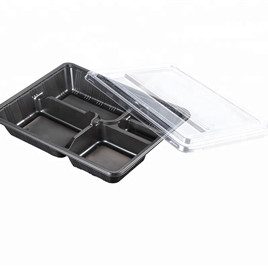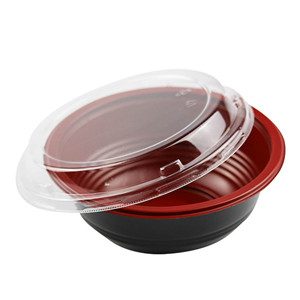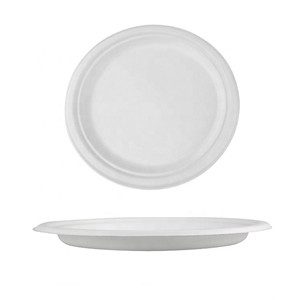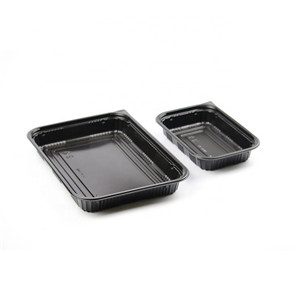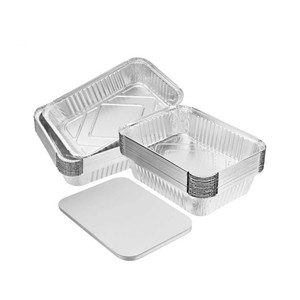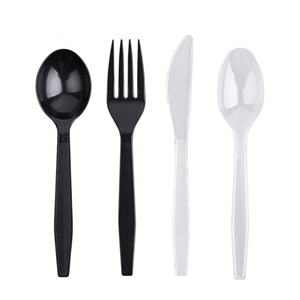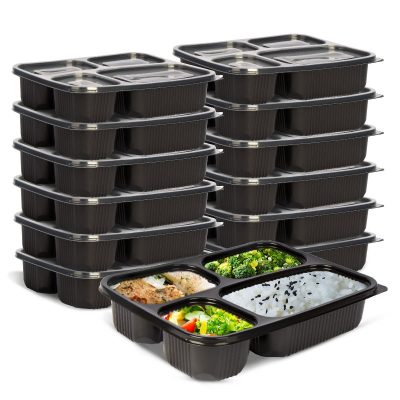Introduction: As the demand for sustainable and safe food storage solutions grows, innovators have been hard at work, developing revolutionary advancements in plastic food containers. In this blog, we explore the latest innovations in the field, highlighting cutting-edge materials, design improvements, and eco-friendly practices that are transforming plastic food containers into more sustainable and secure options.
- Plant-Based Plastics: A Step Towards Sustainability One of the most significant developments in plastic food containers is the rise of plant-based plastics. Derived from renewable resources like corn, sugarcane, or cassava, these bioplastics offer a sustainable alternative to traditional petroleum-based plastics. Plant-based plastics have the advantage of being compostable, reducing the environmental impact and contributing to a circular economy.
- Smart Containers for Food Preservation Incorporating technology into plastic food containers has led to the creation of “smart” containers that can monitor and maintain the freshness of stored food. Equipped with sensors, these containers can track temperature, humidity, and even food spoilage, sending alerts to users’ smartphones when it’s time to consume or dispose of the contents. This technology minimizes food waste and enhances the overall food storage experience.
- Antibacterial Coatings for Enhanced Safety To address concerns about bacterial growth on plastic food containers, researchers have developed antibacterial coatings. These coatings inhibit the growth of harmful bacteria on the container’s surface, reducing the risk of foodborne illnesses and extending the shelf life of perishable items. This innovation ensures safer food storage and adds an extra layer of protection to the containers.
- Upcycling and Recycled Plastics Promoting sustainability, some manufacturers are using upcycled or recycled plastics to produce food containers. By giving a new life to post-consumer plastics, these companies help reduce plastic waste and the demand for virgin plastic production. Consumers can actively support this initiative by choosing products made from recycled materials.
Conclusion: The future of plastic food containers lies in embracing sustainable materials, innovative designs, and safety-enhancing technologies. Plant-based plastics, smart containers, antibacterial coatings, and upcycled plastics are among the exciting advancements that promise safer, more eco-friendly food storage options. As consumers, by opting for these innovative containers and supporting environmentally-conscious practices, we can drive positive change and contribute to a greener and more sustainable future.


